I wonder how much more we might understand if we viewed everything in our lives through the lens of God’s plan for redemption.
The book of Ezekiel – while not exactly the most touted for this time of year – has become one of my favorites lately. The book is essentially God’s message to His people during their exile in Babylon. Maybe that’s why I resonate with it – the Israelites had a sense of waiting for a promise to be fulfilled while looking around and seeing nothing that resembled that promise. Sound familiar?
Remember Jeremiah 29:11? “For I know the plans I have for you,” declares the Lord, “plans to prosper you and not to harm you, plans to give you hope and a future.”
Ever read verse 10? “This is what the Lord says: “When seventy years are completed for Babylon, I will come to you and fulfill my good promise to bring you back to this place.”
Ezekiel and Jeremiah were writing concerning the same circumstance. Many of us are familiar with Ezekiel 37 and the valley of dry bones – that passage is the source of so many sermons and songs used in the global church. But throughout the rest of the book, and especially in the chapters prior to 37, God is speaking of judgment and wrath.
The Israelites waited for a promise to be fulfilled while seeing nothing that resembled that promise.
Sound familiar?
Ezekiel is not an easy read. Check out chapter 22 verses 14-16: How strong and courageous will you be in my day of reckoning? I, the Lord, have spoken, and I will do what I said. I will scatter you among the nations and purge you of your wickedness. And when I have been dishonored among the nations because of you, you will know that I am the Lord.”
“I, the LORD, have spoken, and I will do what I said.”
“You will know that I am the LORD.”
These words appear often throughout the book, but they pretty regularly refer to some kind of destruction or reckoning as in chapter 22. Until chapter 36. That’s where “I will” starts to speak to restoration.
Oftentimes, before there can be restoration, there must be destruction. Things have to break before they can be repaired.
Before there can be restoration, there must be destruction.
Things have to break before they can be repaired.
Yet, even in the destruction, there is hope. If we pay attention, we will catch the “why” behind the moments of destruction.
“See, I care about you, and I will pay attention to you…” Ezekiel 36:9a
God is paying attention. He cares.
Let’s consider this idea of restoration in regards to a priceless work of art. When an ancient piece of art is restored, it is a painstakingly detailed process that can take months, even years to complete. One slip of the tool and things are destroyed.
God cares about the details of your life like that. The value of art is determined by the price someone is willing to pay, and Jesus paid for your life with His own. You are that priceless work of art. What might seem like an eternity of waiting could just be the careful and relentless hand of the restorer at work. And when the divine work is finished, you will know that He is the Lord.
“See, I care about you, and I will pay attention to you…” Ezekiel 36:9a
Or consider the renovation of an old house. It has good bones, but it’s not up to code and the aesthetic leaves much to be desired. Imagine tearing down walls and opening up the space before the contractor can put in that new kitchen island and update the bathroom plumbing. All of which must be complete before the decorator can get everything painted and the new furniture brought in.
There is a mess at every step of this home’s renovation, but the end product is a mansion fit for royalty. The child of a Holy King, you might say.
By the way, once the renovation is done, it’s up to you to keep it clean. Don’t let the metaphorical laundry pile up or the dust collect. Honor the One who rebuilt this house by caring well for that which was gifted to you.
It will be impossible, then it will be done.
And then you will know that He is the Lord.


Wow! Super powerful insight. I’m so thankful God has sent you to encourage me and so many others.